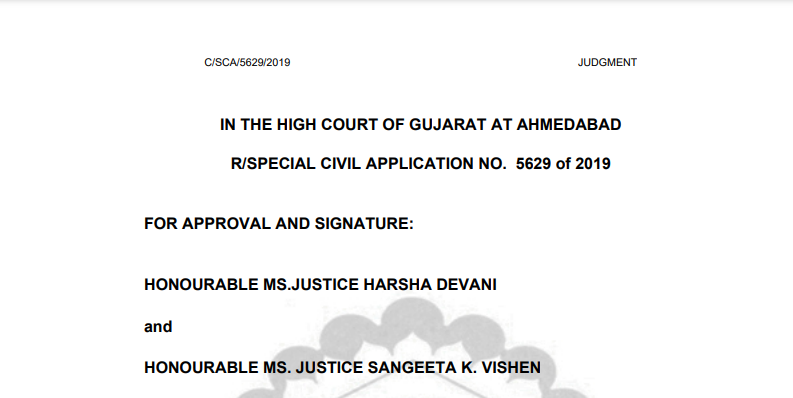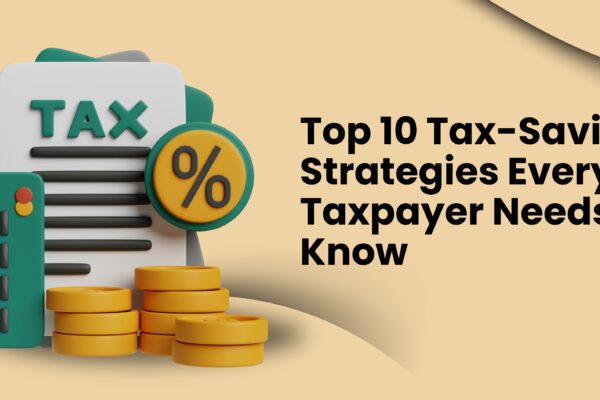Gujarat HC in the case of Messrs Vishnu Aroma Pouching Pvt Ltd Versus Union Of India
Table of Contents
Case Covered:
Messrs Vishnu Aroma Pouching Pvt Ltd
Versus
Union Of India
Facts of the Case:
By this petition under Article 226 of the Constitution of India, the petitioners seek the following substantive reliefs:-
“16. In the above premises, the petitioners most respectfully pray as under:-
(A) That Your Lordships may be pleased to issue a Writ of Mandamus or Writ of Certiorari or any other appropriate writ, direction or order, quashing and setting aside the Respondents’ decision conveyed vide letter F.No.1/22-01/SYSTEMS/2018-19 Part-I dated 7.3.2019 (Annexure-“I”) with all consequential reliefs to the Petitioner including a declaration that the Petitioner’s tax liability of August 2017 stands fully discharged within the period stipulated under the GST Laws;
(B) That Your Lordships may be pleased to issue a Writ of Mandamus or any other appropriate writ, direction, or order, directing the Respondents herein to order regularization of the Petitioner’s GSTR-3B for August 2017 (Annexure-“B”) by bringing it in line with GSTR-1 furnished by the Petitioner (Annexure-“D”) in respect of information and details including payment of tax due by the Petitioner for August 2017;
(C) That Your Lordships may be pleased to issue a Writ of Mandamus or any other appropriate writ, direction or order, directing the Respondents, their servants, and agents to make an appropriate entry in the Petitioner’s electronic liability register corresponding to the Unique Identification Number in respect of the discharge of the Petitioner’s tax liability for August 2017;
Related Topic:
Madras HC Order in the case of Greenwood Owners Association Versus The Union of India
Observations of the Hon’ble Court:
From the facts as emerging from the record, it is manifest that despite the fact that the petitioner had approached them at the earliest point of time, the respondent authorities maintained silence for a considerable period of time and did not provide remedial measures till directed by this court. The errors in uploading the return were not on account of any fault on the part of the petitioner but on account of an error in the system. In these circumstances, it would be unreasonable and inequitable on the part of the respondents to saddle the petitioner with interest on the amount of tax payable for August 2017, despite the fact that the petitioner had discharged its tax liability for such period well within time.
Related Topic:
Gujarat HC in the case of M/s Bhumi Associate Versus Union of India
The Decision of the Court:
Thus, the petitioner had duly discharged the tax liability of August 2017 within the period prescribed therefor; however, it was only on account of technical glitches in the System that the amount of tax paid by the petitioner for August 2017 had not been credited to the Government account. Hence, the interests of justice would best be served if the declaration submitted by the petitioner in October 2019 along with the return of September 2019 is treated as the discharge of the petitioner’s tax liability of August 2017 within the period stipulated under the GST laws. Consequently, the petitioner would not be liable to pay any interest on such tax amount for the period from 21.9.2017 to October 2019.
In the light of the above discussion, the petition succeeds and is, accordingly, allowed. It is held that the declaration submitted by the petitioner in October 2019 along with the return of September 2019 shall be treated as the petitioner having discharged its tax liability of August 2017 within the period stipulated under the GST laws. The petitioner shall not be liable to pay any interest on such tax amount for the period from 21.9.2017 to October 2019. The rule is made absolute accordingly, with no order as to costs.
Related Topic:
Karnataka HC Order in the case of M/s Global International
Read & Download the Full Order in pdf:

 ConsultEase Administrator
ConsultEase Administrator
Consultant
Faridabad, India
As a Consultease Administrator, I'm responsible for the smooth administration of our portal. Reach out to me in case you need help.








